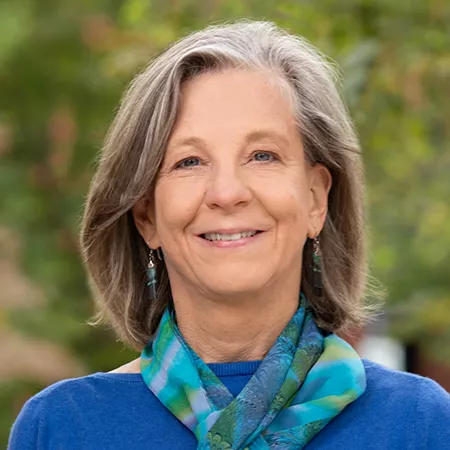Synthesis is the process by which diverse types of data and knowledge are brought together, such that emergent information is produced. It can be conducted by one individual, or—as often was the case at SESYNC—by diverse teams, composed of natural and social scientists, stakeholders, and decision makers. While critical to innovative socio-environmental problem-solving—integration of disparate methodologies can be a challenge. This PowerPoint provides a brief overview of synthesis methods that encompasses qualitative, quantitative, and mixed methods approaches.
-
About the Presenters
Margaret A. Palmer
DirectorDr. Margaret A. Palmer is Director of SESYNC and a Distinguished University Professor at the University of Maryland, College Park. With a background in hydrology and ecology, Margaret contributes to testing and extending fundamental theory and empirical findings on aquatic ecosystem dynamics. She has worked extensively on the relationship between biodiversity and ecosystem processes, the biogeochemistry of streams and wetlands, and organism dispersal in aquatic ecosystems. She is an international expert on the restoration of streams and rivers and co-author of the book Foundations of...
Margaret A. Palmer
DirectorDr. Margaret A. Palmer is Director of SESYNC and a Distinguished University Professor at the University of Maryland, College Park. With a background in hydrology and ecology, Margaret contributes to testing and extending fundamental theory and empirical findings on aquatic ecosystem dynamics. She has worked extensively on the relationship between biodiversity and ecosystem processes, the biogeochemistry of streams and wetlands, and organism dispersal in aquatic ecosystems. She is an international expert on the restoration of streams and rivers and co-author of the book Foundations of Restoration Ecology. Margaret is also known for her work at the interface of water science and policy, having served as a technical advisor and innovator to help build solution-focused teams that solve problems with social, legal, policy and scientific aspects. She is extensively published (Google Scholar), has numerous awards, and remains actively engaged in science matters associated with national and local water policies and actions—particularly those associated with the Appalachians.
External Links:
https://scholar.google.com/citations?user=2nGk3QQAAAAJ&hl=en
